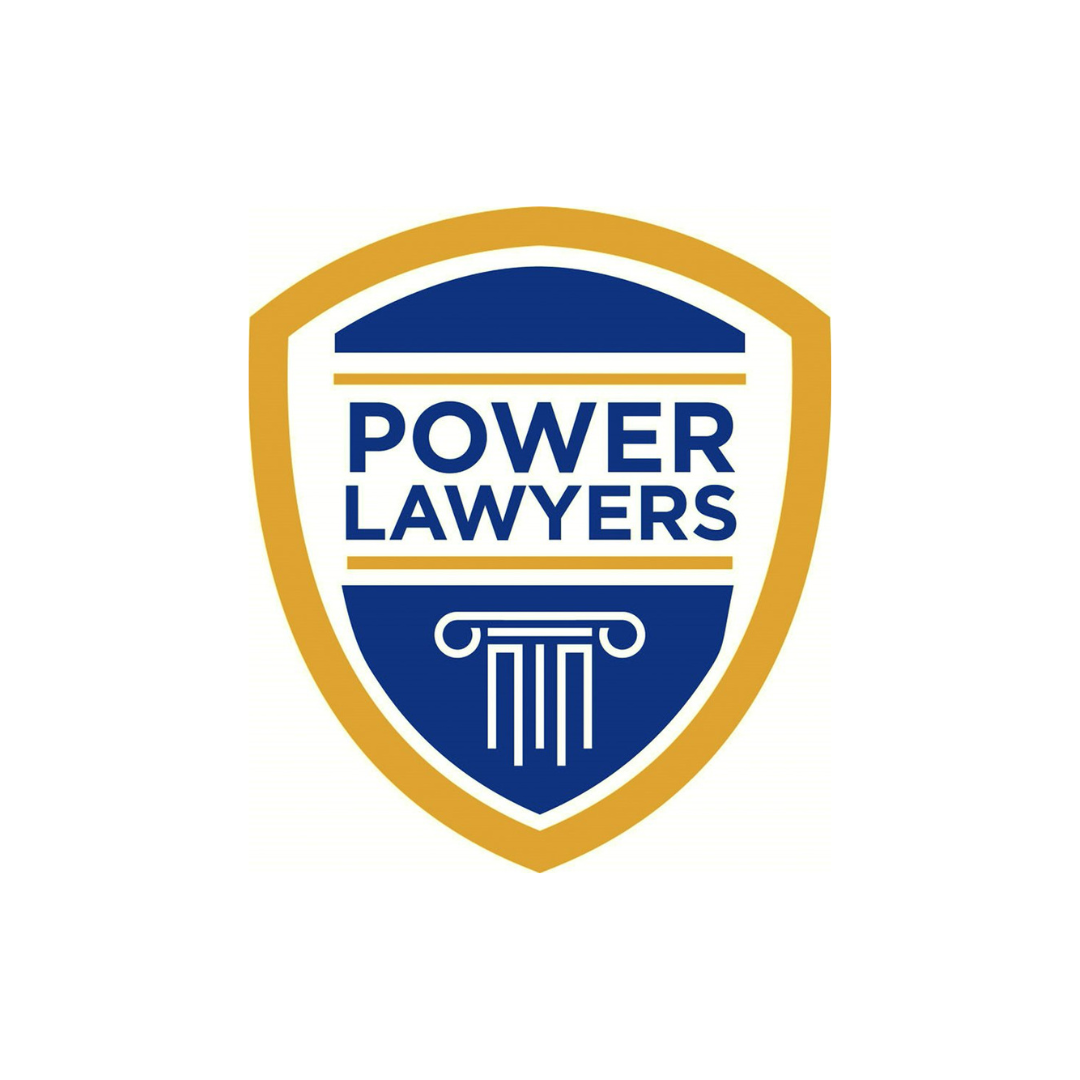Medicaid
The Social Security Amendments of 1965 created Medicaid by adding Title XIX to the Social Security Act, 42 U.S.C. Section 1396 et seq. Each state administers its own Medicaid program, establishes eligibility standards, determines the scope and types of services it will cover, and sets the rate of payment. Medicaid is a joint program between federal and state governments to provide medical services to disabled, blind or aged individuals who meet certain income and resource levels. Each state’s Medicaid program is different and eligibility is based upon the recipients state of residence. Medicaid covers the costs of long-term care at home, an assisted living facility or nursing home, but the rules for Community Medicaid and Institutional Medicaid are different and distinct.
Community Medicaid/Home Care – Covers the cost of a home health aid for a certain number of hours for those elderly or disabled individuals who require assistance with their activities of daily living (ADLs). In order to qualify for Community Medicaid, an individual must be both financially and medically eligible.
Institutional Medicaid/Chronic Care – Covers the cost of nursing home care for those with few assets who require skilled nursing care. Financial eligibility includes having resources/assets and income below the current Medicaid allowances. The resources which are counted by Medicaid include: checking and savings accounts, money market accounts, certificates of deposit, stocks & bonds, brokerage accounts, non-qualified annuities, and life insurance cash values. Although qualified retirement accounts, IRAs, 401k and 403b account balances are not counted toward the resource allowance, any disbursements from these accounts is counted as income.
DRA of 2005 – The Deficit Reduction Act of 2005 is the name of the Budget Reconciliation Act passed by Congress in February 2006 which made sweeping changes to the Medicaid eligibility rules transfer penalties that must be adopted by all states.
Institutional Spouse – The spouse who is in a nursing home and for whom Medicaid benefits are sought.
Community Spouse – The spouse who remains at home and who will not receive Medicaid benefits.
Minimum Monthly Maintenance Needs Allowance (MMMNA) – The minimum amount of income a community spouse is entitled to keep so that they don’t become impoverished. In New York, the minimum is the the maximum and the amount changes every year.
Community Spouse Resource Allowance (CSRA) – The minimum and maximum amounts that a community spouse is allowed to keep when the institutionalized spouse applies for Medicaid.
Personal Needs Allowance – The amount of income that a Medicaid recipient is allowed to keep each month to be used for the recipient’s personal needs.
SSI (Supplemental Security Income) – A cash payment to a person with very low income and assets (formerly called welfare). A person who receives SSI automatically receives Medicaid.
SSDI (Social Security Disability Income) – Income awarded to persons determined to be disabled according to the Social Security Administration. It is not based on income or assets, but is based on the applicant’s work history. People that receive SSDI are eligible for Medicare (not Medicaid) after two years.
Estate Recovery – The right of a state to file a lien against the Medicaid recipient’s estate following the death of the Medicaid recipient to recover money paid out by the state for the recipient’s care.
Fair Hearing – A court proceeding conducted by the State when a Medicaid applicant is denied Medicaid benefits. An applicant has a right to request a fair hearing up to 90 days following the denial of benefits.
Caregiver Agreement/Personal Services Contract – A written agreement between a caregiver and an elderly or disabled person in need of care. It must provide for the fair market compensation for services received over the life expectancy of the elderly/disabled person. However, the services should not be medical care or duplicative of what the applicant would receive in a nursing home.
Lookback Period – The period of time that Medicaid can examine an applicant’s finances to determine whether any uncompensated transfers were made.
Penalty Period – The number of months that a Medicaid applicant is ineligible for Medicaid benefits because of an uncompensated transfer (gift) made during the look-back period.
Compensated Transfer – A transfer of assets by a Medicaid applicant for which the transferor/applicant received fair market value.
Countable Resources – Any asset or resource that a Medicaid applicant has an interest in, has access to, or could convert to cash. It is anything the applicant has access to that has value as defined by 42 USC 1936p(g). Examples of countable resources are: checking accounts, investment accounts, CD’s, cash, real property (other than primary residence), boats and RV’s. If an asset is jointly titled, the presumption is usually that the asset belongs in whole to the Medicaid applicant.








